
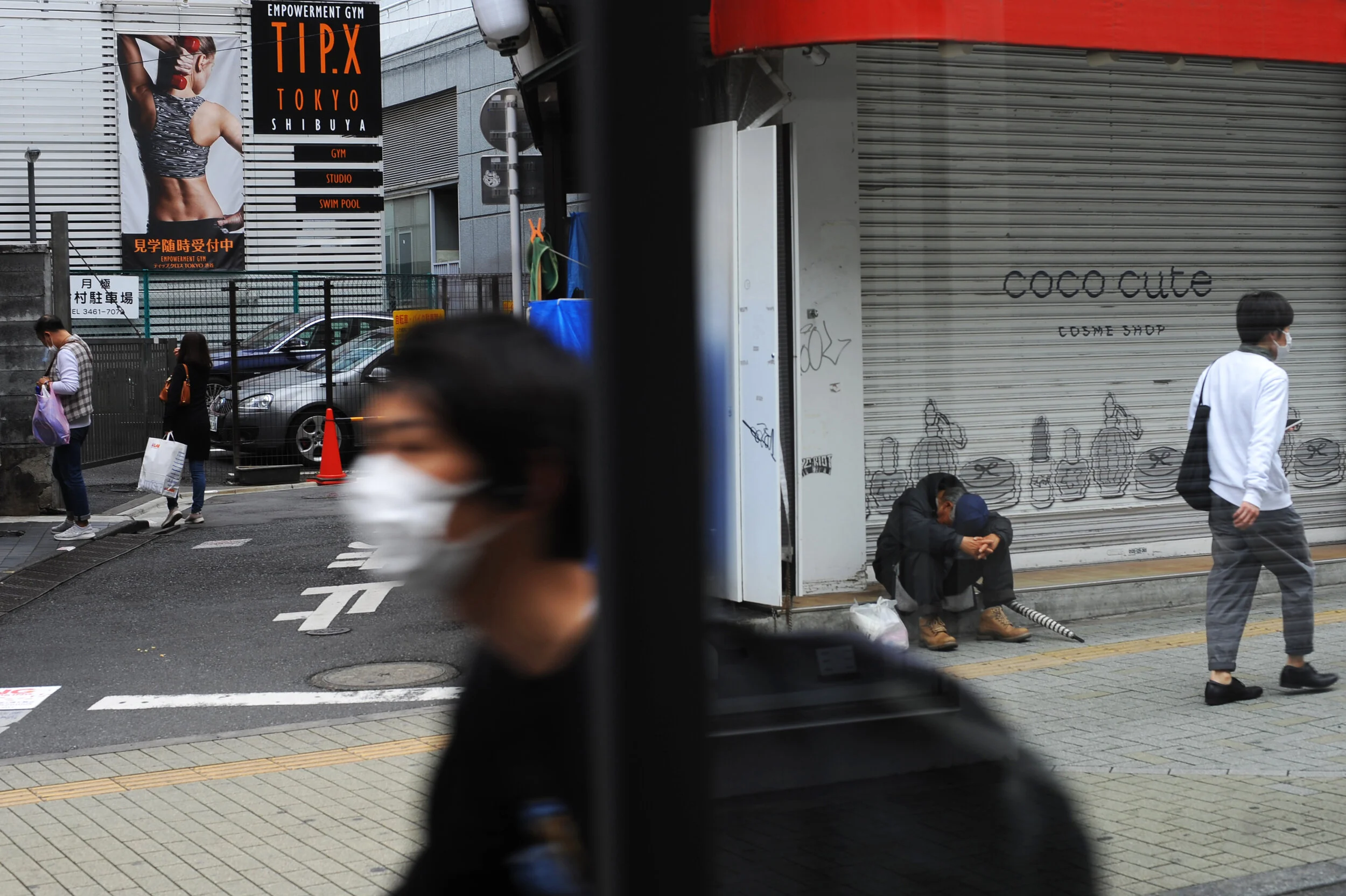
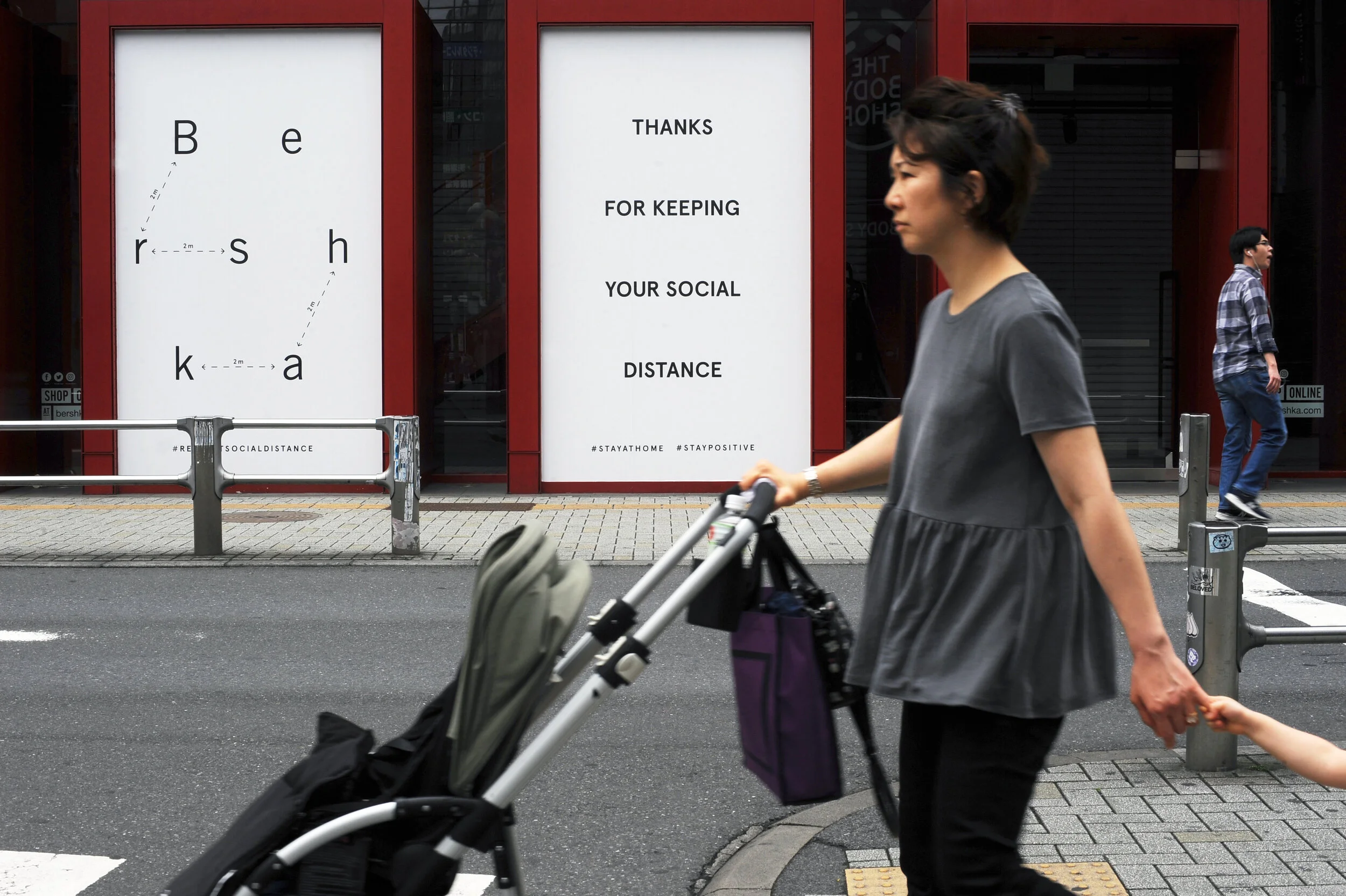

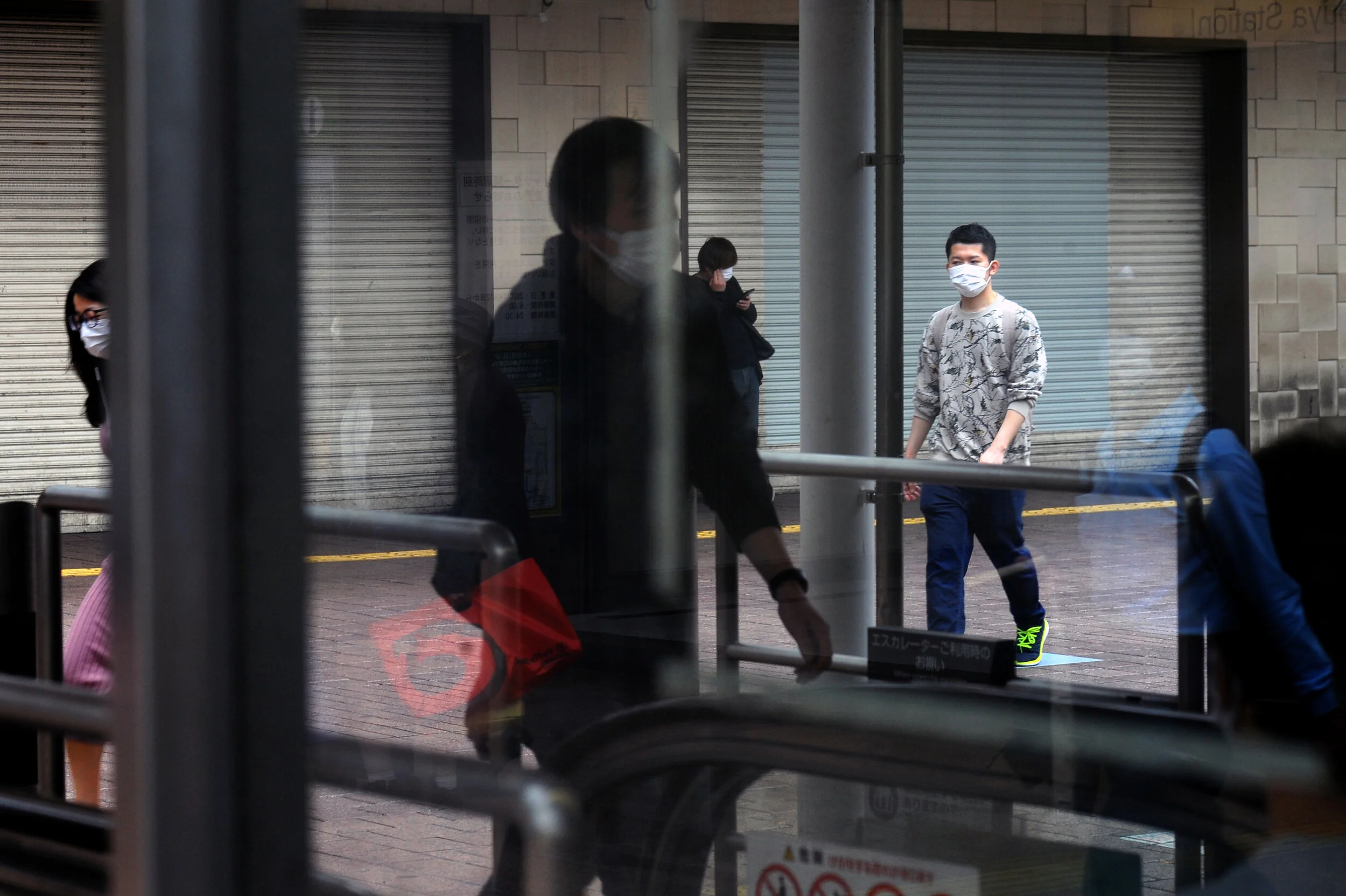

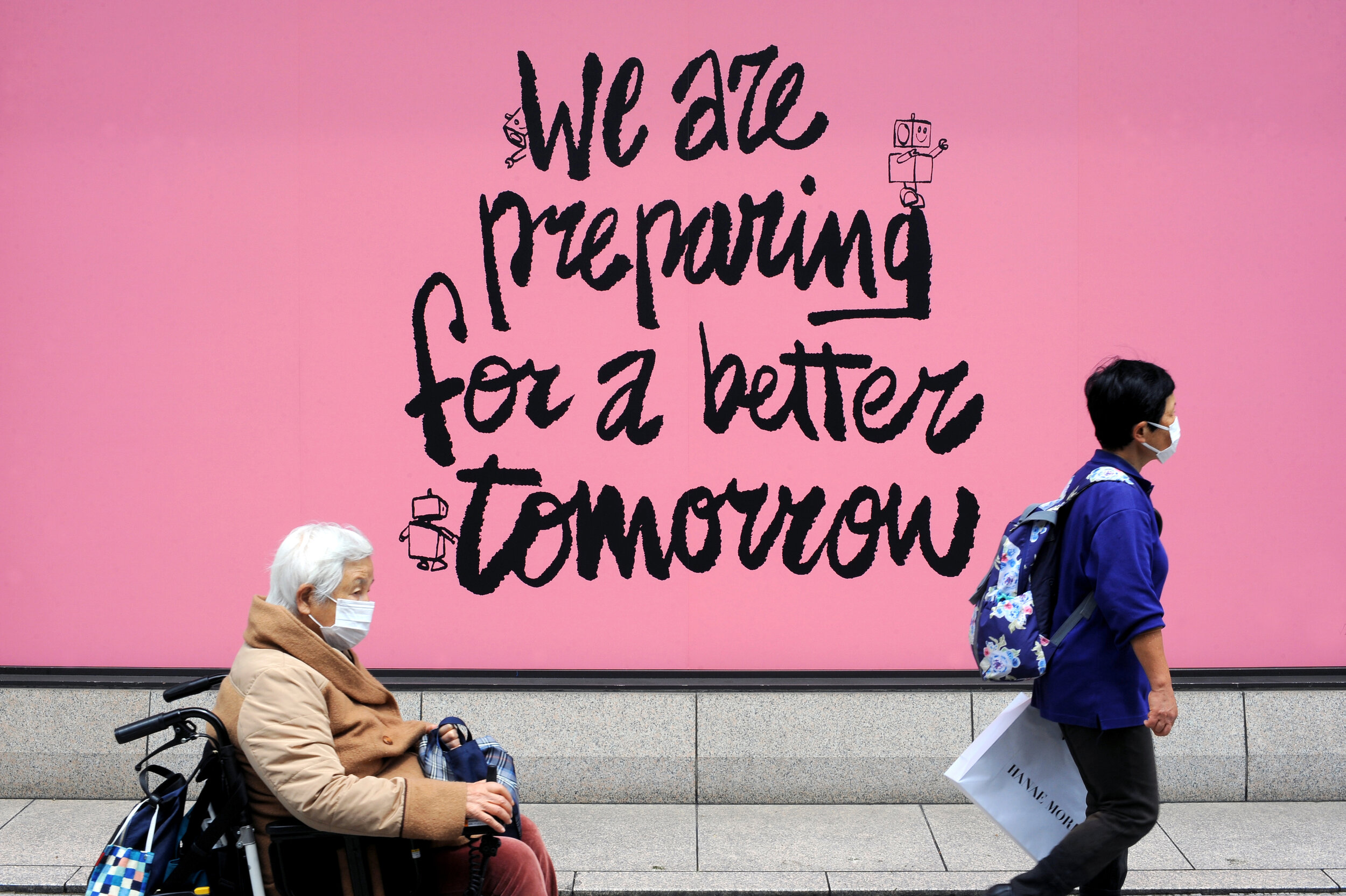

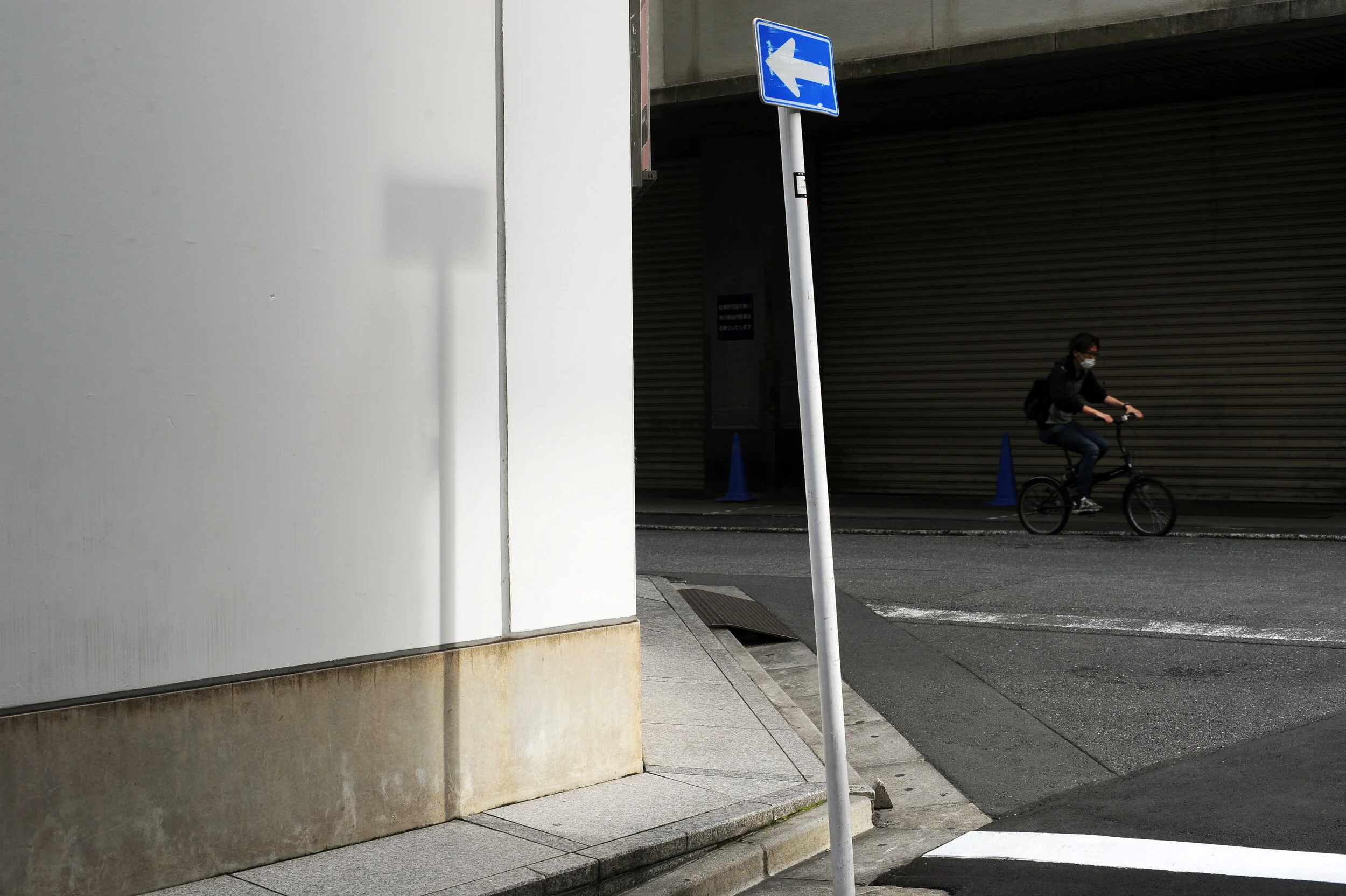








It is now a domestic as well as an international fact that the Japanese government failed to deal with the global pandemic infamously called COVID-19 from the get-go on all fronts, medical, political, financial, economic, psychological, and societal.
It revealed what many have been warning: Ultra-nationalistic policies and politics gone rogue and wrong. People may be forced to wear facial masks, but Prime Minister Abe and his buddy-up, nepotism-filled administration, with practically no experts in their respective positions, showed many face-to-face moments with the Japanese general public in all forms of media, exposing incompetence at every step of dealing with this crisis. Ironically, the East Asian neighbors like Taiwan and South Korea that have been constant targets of historically sensitive issues by the Japanese government in its rhetoric are the ones coming out swinging in dealing with this, utilizing modern scientific and technological expertise at their disposal, and most importantly, sincere and urgent messaging to their peoples.
In avoiding a total economic shutdown, the Japanese government issued a national state of emergency on April 16th, requesting self-restraint from businesses and the general public, not mandating lockdowns in potential epicenters of the domestic pandemic. In essence, it chose a long, dragging fight against it instead of a short, intensive one. The result is what every economist easily could have predicted: Slow choking on the vulnerable throats of those who have not.
Then came the Golden Week, the nation's famed week-long spring holidays. Realizing they did too little too late in the eyes of many experts in relevant fields, Prime Minister Abe had to appear on national television in the middle of the Golden Week, May 4th, to announce an extension of the state of emergency til the end of the month.
The mood in Tokyo, however, is somewhat strange. Yes, most people are wearing masks. Though much less in numbers than one might expect in the middle of spring holidays in the central capital, they are out and about, roaming the streets, riding public transportation, spending money at very limited numbers of shops they can find.
One might call it resilience. Others might call it indifference. Or resignation.
After all, the Japanese are known to the outside world for being good at “masking” emotions and what goes on in their minds. In Japan, with its underlying assumption of homogeneity, conformity comes as a social norm, embodying the inherited sentiment of the Japanese public: Better bend than break. I may be committing a crime of generalization against my kind here, but Japanese people are known to be calm, civil, quiet, and reserved.
I wonder if the time to unmask that generalization has already come here long before.
Zeitgeist(ツァイトガイスト):ある特定の歴史的時代に典型的な、考え方、信念、感情などの全体的な傾向
(ケンブリッジ上級学習者辞典)
いまや国内外で広く知られる事実となっているのは、日本政府が「COVID-19」として悪名高い世界的パンデミックに対して、医療・政治・財政・経済・心理・社会のあらゆる面で、初動から対応に失敗したということである。
この事態は、多くの人々が以前から警鐘を鳴らしていたことを露呈させた──極端な国家主義的政策と政治が暴走し、誤った方向に進んでいたということだ。国民にはマスク着用が求められる中で、安倍首相と身内びいきに満ちた政権は、各分野の専門性に欠ける人材を要職に据えたまま、あらゆるメディアを通して日本国民と向き合うこととなり、この危機に対応する中での無能ぶりを次々と露呈した。
皮肉にも、日本政府が歴史的問題をめぐって常に口撃してきた東アジアの近隣諸国──台湾や韓国──こそが、現代の科学技術の専門性を最大限に活用し、何よりも国民に対して誠実かつ緊急性のあるメッセージを発信しながら、的確にこの状況に立ち向かっている。
経済的全面停止を避けるため、日本政府は4月16日に緊急事態宣言を全国に発出したが、それは都市封鎖を強制するものではなく、企業や市民に「自粛」を要請するというものだった。つまり、日本政府は短期集中型ではなく、長期持久戦を選んだのだ。その結果がどうなるかは、多くの経済学者が容易に予測していた通りである──脆弱な立場の人々の喉をじわじわと締めつけるような経済的苦境である。
そして迎えたのが、日本の春の大型連休「ゴールデンウィーク」。政府の対応が遅すぎたと多くの専門家が指摘するなか、安倍首相は5月4日、ゴールデンウィークの真っただ中に、緊急事態宣言の5月末までの延長を国民に向けてテレビで発表せざるを得なかった。
しかし、東京の空気はどこか奇妙だ。確かに、多くの人がマスクを着けている。春の連休中にしては街に出ている人の数は少ないものの、外を歩き、公共交通機関を利用し、営業しているごく限られた店舗でお金を使っている。
これを「レジリエンス(回復力)」と呼ぶ人もいれば、「無関心」や「諦め」と捉える人もいるだろう。
結局のところ、日本人は感情や内面を「マスク(覆い隠す)」のが得意だと、海外ではよく言われる。均質性が前提とされる日本社会において、同調は社会的規範であり、「折れるよりは曲がる方がいい」という国民感情が根づいている。ここで自分自身の民族に対する一般化という罪を犯すかもしれないが、日本人は「冷静で、礼儀正しく、静かで、控えめ」と評されることが多い。
だが、その一般化されたイメージを「脱ぎ捨てる(unmask)」時は、実はとうに訪れていたのではないか──そんな思いが今、心をよぎる。